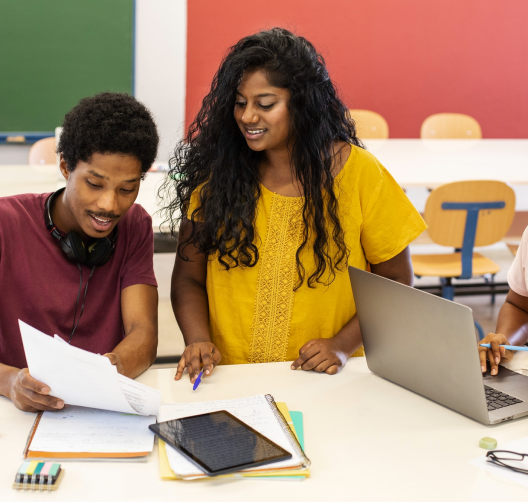educational
philosophy
My philosophy

Rasheem is an Independent Scholar and Social Scientist whose scholarship encourages a critical examination of society and culture through the lens of race, gender, and class. Her educational background is interdisciplinary, and includes a Bachelors degree in Social Science, a minor in Sociology, a Masters’ in Nonprofit Management and a Doctorate of Philosophy in Social Work. She has been a Principal Investigator on at least five different qualitative research initiatives and has spoken on the topic of equity at over 30 academic and professional conferences.

Creating an Empowering & Balanced Learning Environment

In the classroom, I like to create an environment that encourages mutual exploration, critical thinking, and welcomes diverse opinions. As a professor, I not only demonstrate mutual respect, but I also facilitate complex conversations and empower students to identify their own errors using Socratic questioning. It has been my experience that when students feel valued and are empowered, they take more responsibility for their learning outcomes. In addition, I like to create a healthy balance between freedom and accountability by giving clear guidelines and planning content in a systematic manner. In my observation students perform best when expectations are clearly outlined. In an effort to combine students’ enthusiasm and input with a pragmatic approach, I employ the use of rubrics in addition to a course syllabus designed using Fink’s (2003, 2004) model for course design.

Bridging Concepts with Real-Life: Collaborative and Digital Learning
My approach involves taking abstract concepts and making them tangible and applicable to real life experiences through collaborative peer learning. For instance, some class sessions may include discussions in team-based learning for small groups (Fink, 2003), simulations and role-playing, while others may require students to apply and share concepts on a digital platform. In light of students’ different learning styles and preferences, in a typical classroom setting, I use various forms of media that include but are not limited to news articles, popular literature, movie clips, music, guest speakers, and social media. As a digital scholar and activist, I regularly leverage social media platforms to engage students in their domain. This approach has not only allowed me greater reach, it has also built the type of report that is crucial for transformational pedagogy.
Feminist Constructivist approach

I believe that the educators of the 21 st century have a unique responsibility to develop adult learners that are conversant on multicultural issues and have the ability to engage social justice issues beyond the classroom. Given my professional commitment to urban environments and marginalized populations, I am particularly interested in supporting the understanding of inequality, gender, sexuality, intersectionality and diverse feminisms. Overall my pedagogy and research is geared toward the alleviation of human suffering and social justice. In conclusion, I see my teaching role as someone whose work includes preparing students to be able to take on the social justice challenges of their time.


